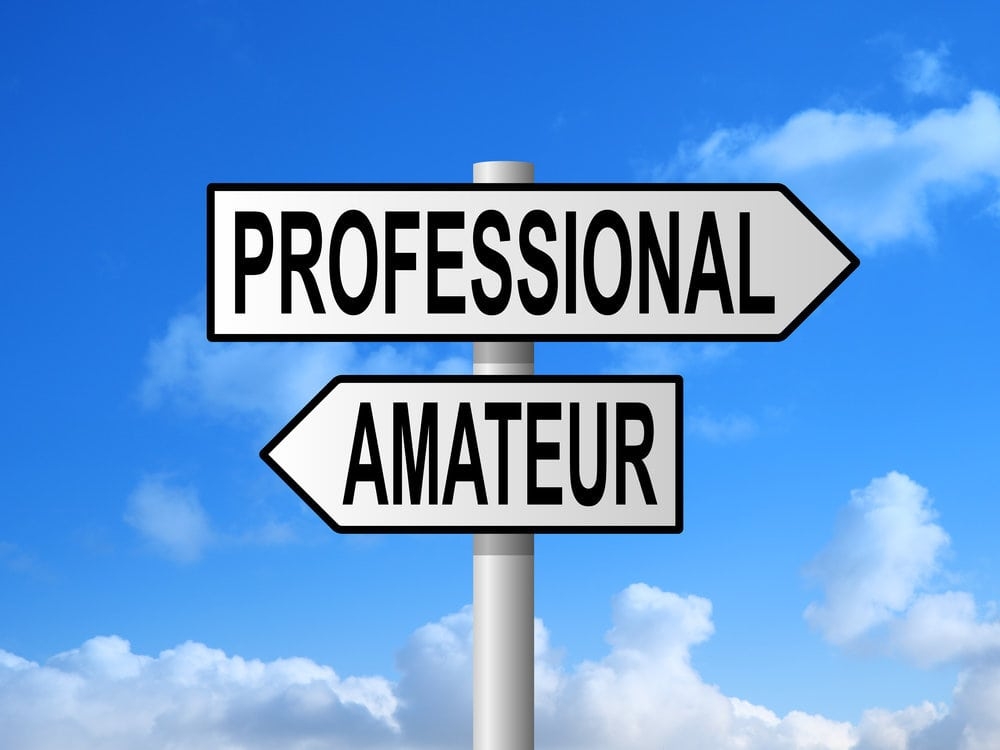
What is a nail technician? Discuss…
By Scratch Staff | 11 July 2018 | Feature, Tech Talk

Bob Giblett, co-owner of Swedish nail product & education provider, Iryna Giblett AB, dissects the role of the nail technician and discusses differing standards across the globe…
 What is a nail technician? Who you ask and where you ask will produce very different answers!
What is a nail technician? Who you ask and where you ask will produce very different answers!
In most countries, nail tekking is not a recognised trade and there is no requirement to achieve a certain level of education to work or open a nail salon; two exceptions being the USA and Italy where cosmetology education is required.
Even the expected level of training to obtain a basic nail tech certificate varies both between and within each EU country from 1 or 2 days, 5 or 6 days to 10 to 14 days. In comparison, in Japan the average training time is two years and in South Korea is four years to become a nailist.
And the quality of education varies enormously. There are few recognised standards (the UK with Habia and C&G qualifications, and the accredited nail school systems in Sweden are two exceptions), and it is also possible to find that a manufacturer’s education varies from one country to the next.
Even within a country, a nail technician may be a beginner or someone who is recognised by many other techs and their peers as an industry expert.
If WE don’t know what it means to be a nail technician, is it any wonder that nail salon customers are also confused?
Is it time now, do you think, for there to be an international standard? A standard that is brand independent and where folks are independently examined, that allows those nail technicians who are passionate about education to achieve a higher-level recognised status?
A standard where for example, someone who reaches ‘Level 5’ is the same in every country? A standard where educators are independently assessed and students can be assured of their qualifications and experience? All of this could be managed by a product and brand neutral, independent organisation managed by respected nail industry experts within each country. An organisation that could educate the public and promote accredited nail technicians and educators.
This is something that Marian Newman and I, and others have discussed often when we met at competitions and shows. Isn’t it time that the percentage who are passionate about education and standards become organised and fight back against the constant erosion of our industry?
Or is there nothing that can be done?

Read the latest issue








